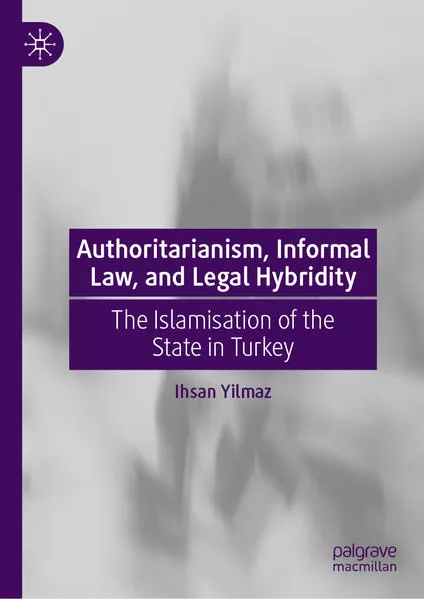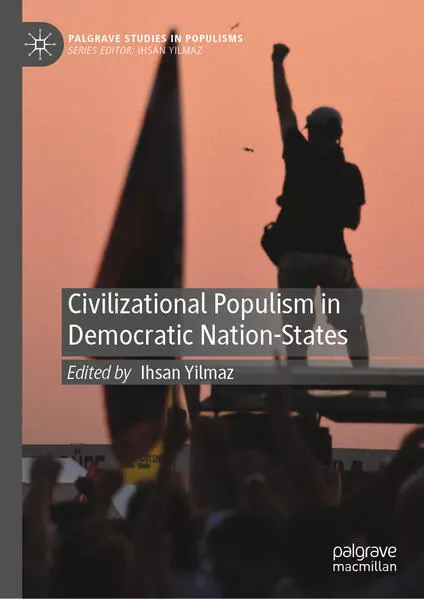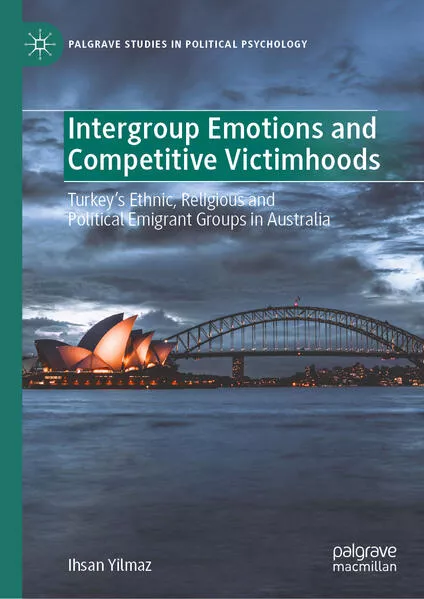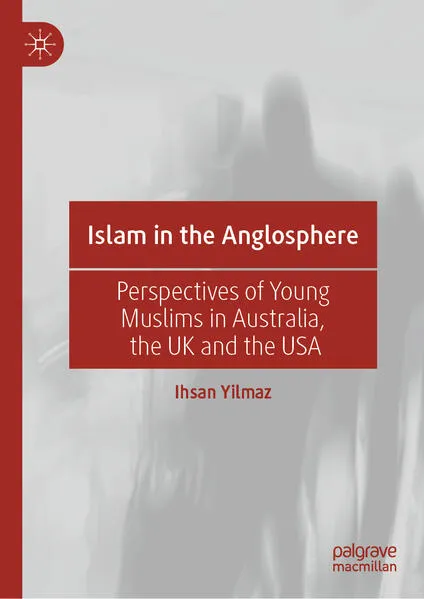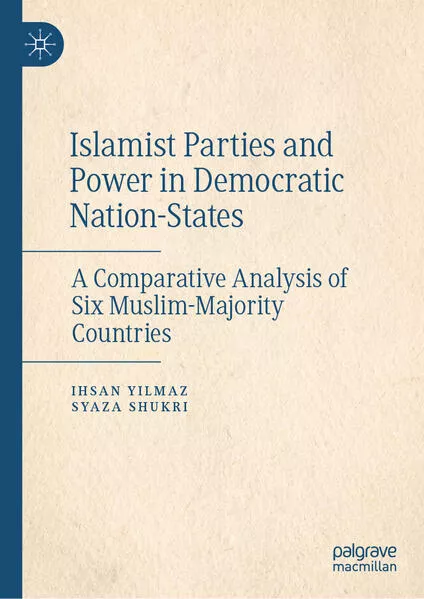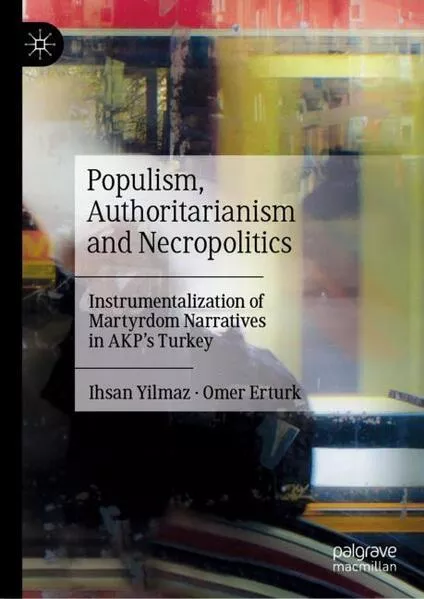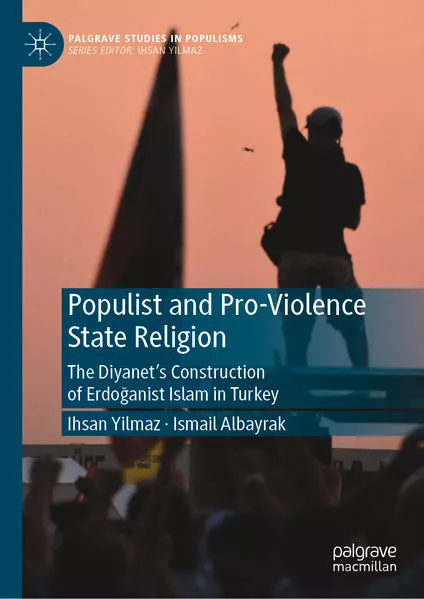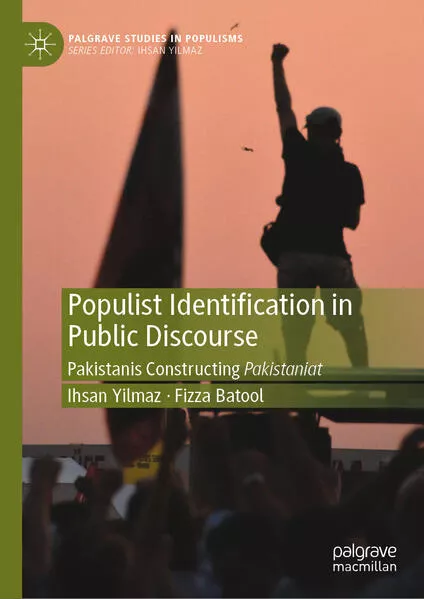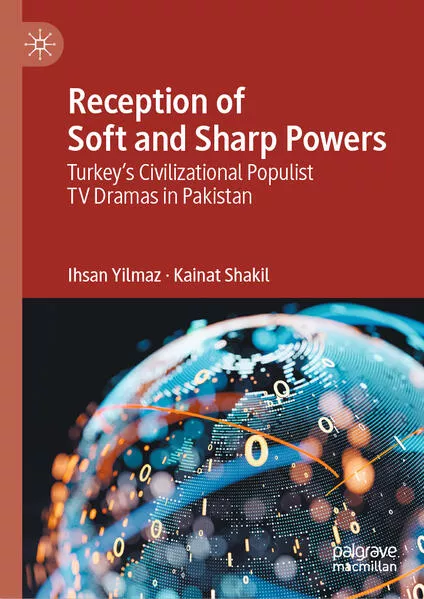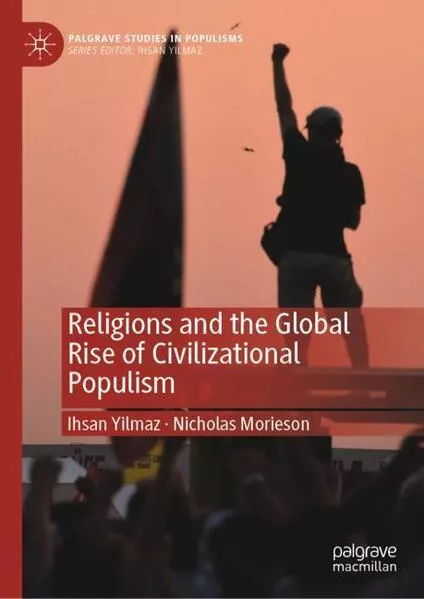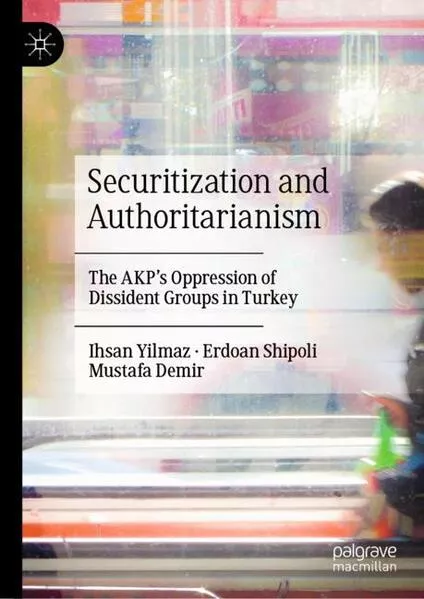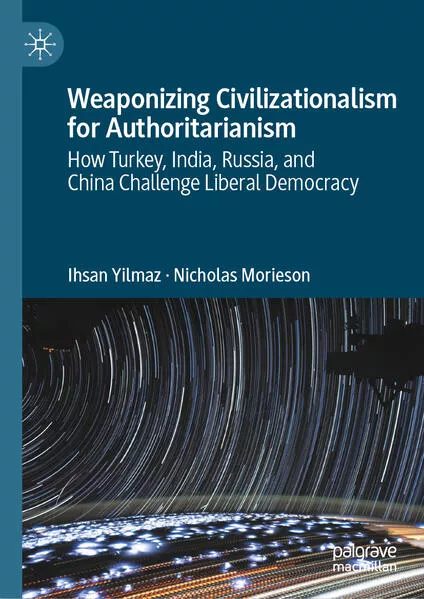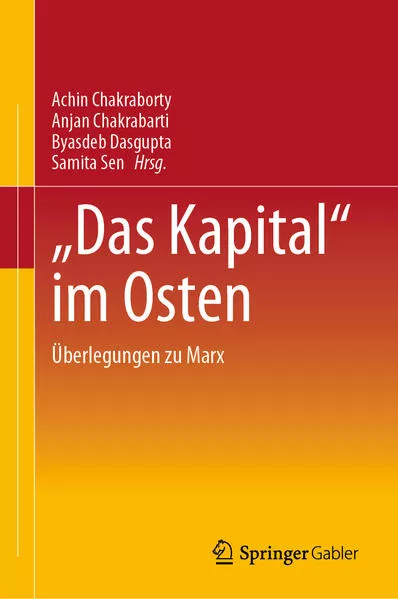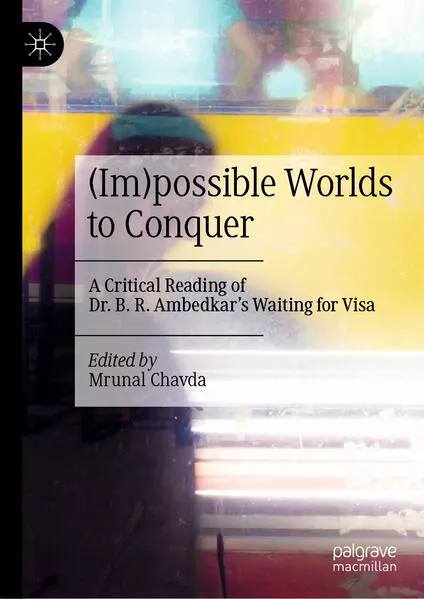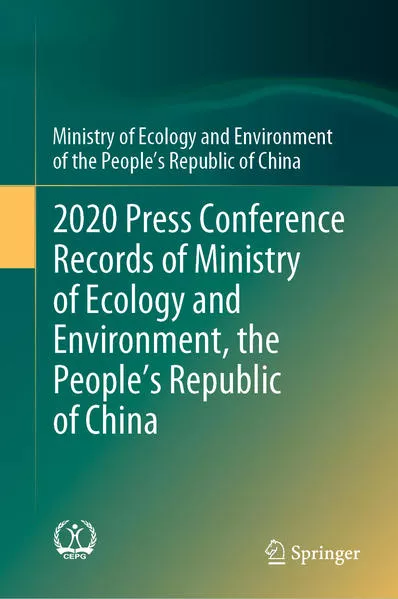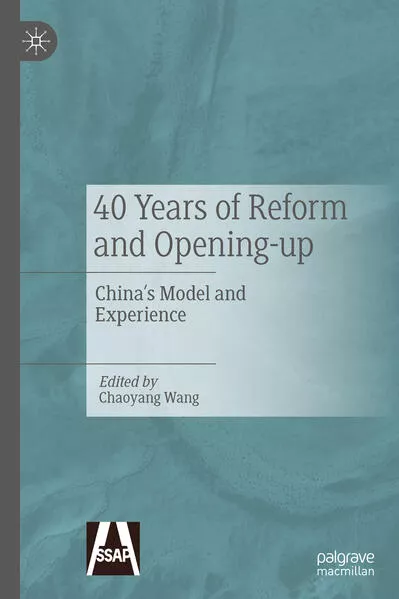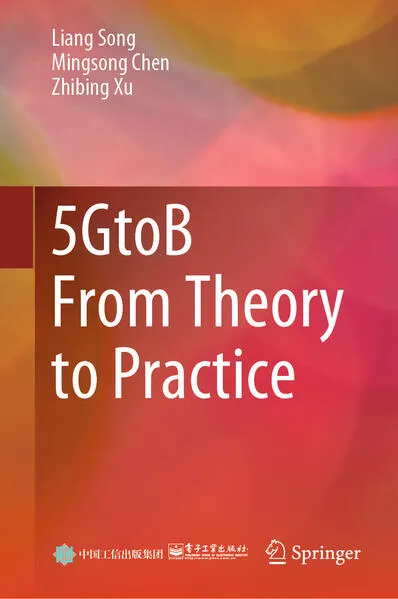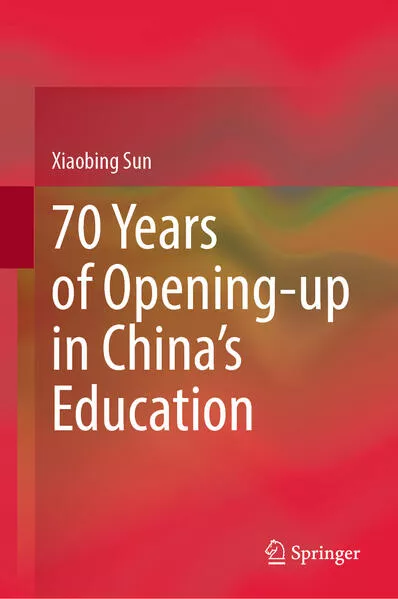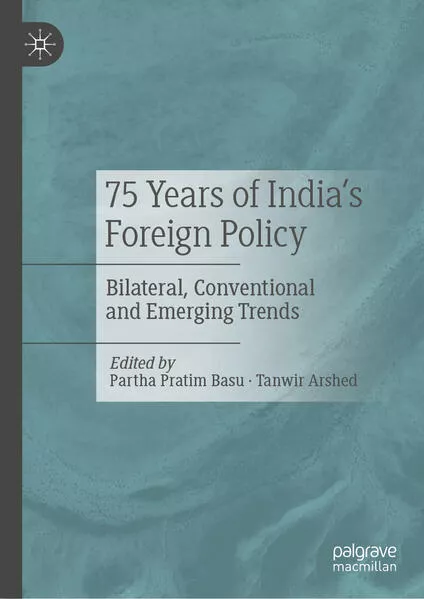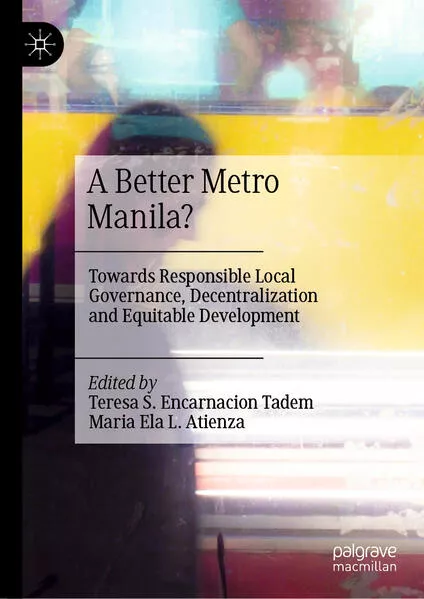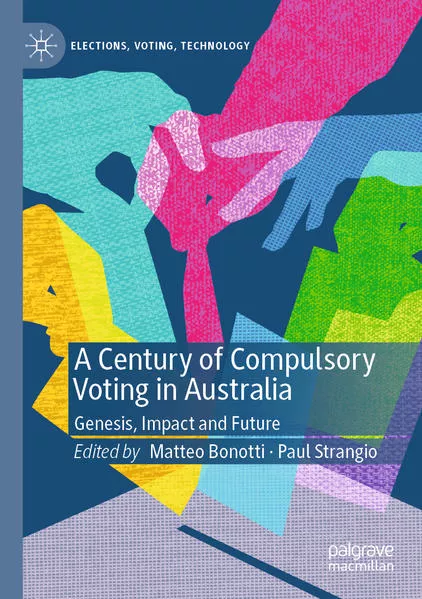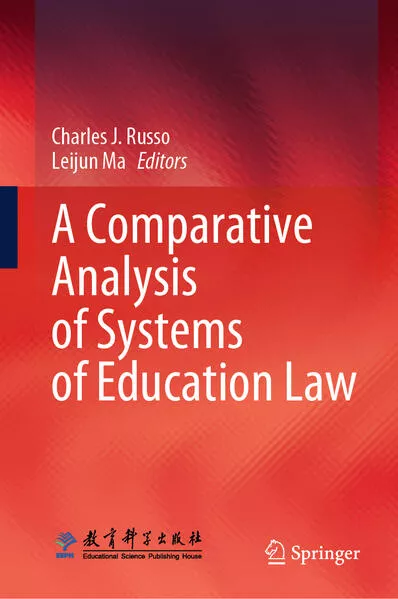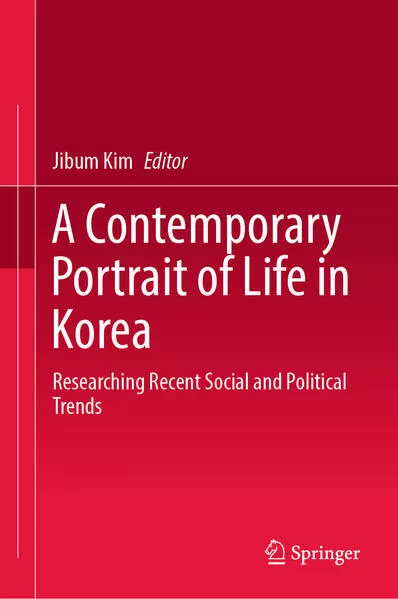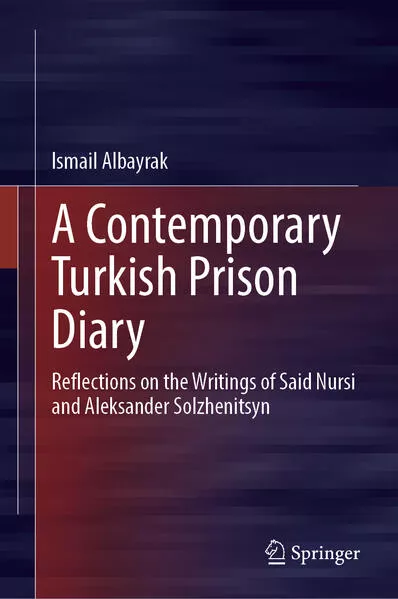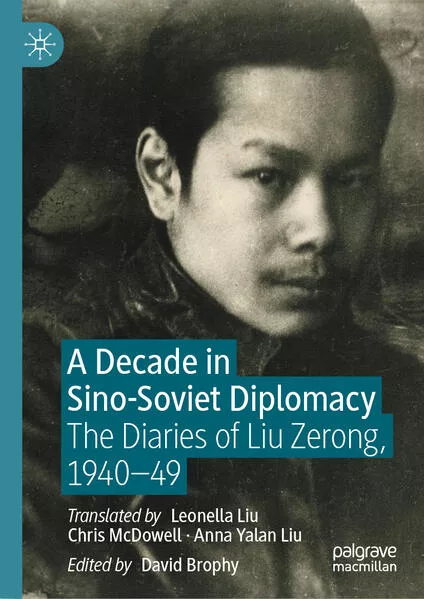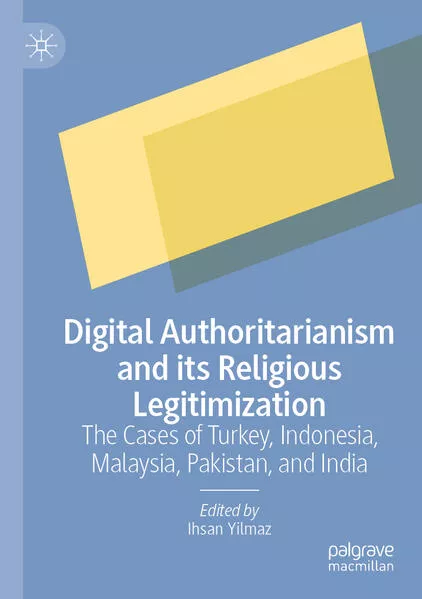
Digital Authoritarianism and its Religious Legitimization
The Cases of Turkey, Indonesia, Malaysia, Pakistan, and India
This book explores how digital authoritarianism operates in India, Pakistan, Turkey, Indonesia, and Malaysia, and how religion can be used to legitimize digital authoritarianism within democracies. In doing so, it explains how digital authoritarianism operates at various technological levels including sub-network level, proxy level, and user level, and elaborates on how governments seek to control cyberspace and social media.
In each of these states, governments, in an effort to prolong – or even make permanent – their rule, seek to eliminate freedom of expression on the internet, punish dissidents, and spread pro-state propaganda. At the same time, they instrumentalize religion to justify and legitimize digital authoritarianism. Governments in these five countries, to varying degrees and at times using different methods, censor the internet, but also use digital technology to generate public support for their policies, key political figures, and at times their worldview or ideology. They also, and again to varying degrees, use digital technology to demonize religious and ethnic minorities, opposition parties, and political dissidents.An understanding of these aspects would help scholars and the public understand both the technical and social aspects of digital authoritarianism in these five countries.
Unterstütze den lokalen Buchhandel
Nutze die PLZ-Suche um einen Buchhändler in Deiner Nähe zu finden.
Bestelle dieses Buch im Internet
| Veröffentlichung: | 24.08.2024 |
| Höhe/Breite/Gewicht | H 21 cm / B 14,8 cm / - |
| Seiten | 174 |
| Art des Mediums | Buch [Taschenbuch] |
| Preis DE | EUR 128.39 |
| Preis AT | EUR 131.99 |
| Auflage | 1. Auflage |
| ISBN-13 | 978-9-819-93602-1 |
| ISBN-10 | 9819936020 |
Über den Autor
Ihsan Yilmaz is the Research Professor and Chair of Islamic Studies and Intercultural Dialogue at the Alfred Deakin Institute for Citizenship and Globalisation, Deakin University, Melbourne, Australia. He has conducted mixed-method research on nation-building, citizenship, Islam–state–law relations in majority and minority contexts (Turkey, Pakistan, Egypt, Indonesia, UK, USA and Australia), authoritarianism, Islamism, populism, transnationalism, ethno-religious and political minorities, securitisation, political participation and intergroup relations. He was Professor of Political Science at Istanbul Fatih University (2008-2016), Lecturer in Law, Social Sciences and Politics at SOAS, University of London (2001-2008), and a fellow at Centre for Islamic Studies, the University of Oxford (1999-2001).
Ismail Albayrak is the Professorial Fellow at the Australian Catholic University, Melbourne. He has worked on Islamic studies and specifically on Qur’anic Studies, Classical Exegesis, Contemporary Approaches to the Qur’an and Orientalism. He is also interested in the place of Muslim communities and their activities in globalizing world together with a focus on interfaith dialogue. In line with these areas of interest, he has built a strong teaching and research track record in the study of Islam and complementary understanding of interfaith principles. His recent publications have focused on Islamic studies, Qur’anic studies, Interfaith dialogue, Muslims in modern world, Islamic movements and Islamic mysticism.
Diesen Artikel teilen
0 Kommentar zu diesem Buch
... weitere Publikationen von Yilmaz, Ihsan
.... weitere Publikationen von Springer Singapore
Kinderbuch »Lasse und Juna - Total versteinert!« – Wikingerabenteuer mit Mut, Freundschaft und Entdeckergeist
Bewerbungsfrist bis zum: 05.03.2026



